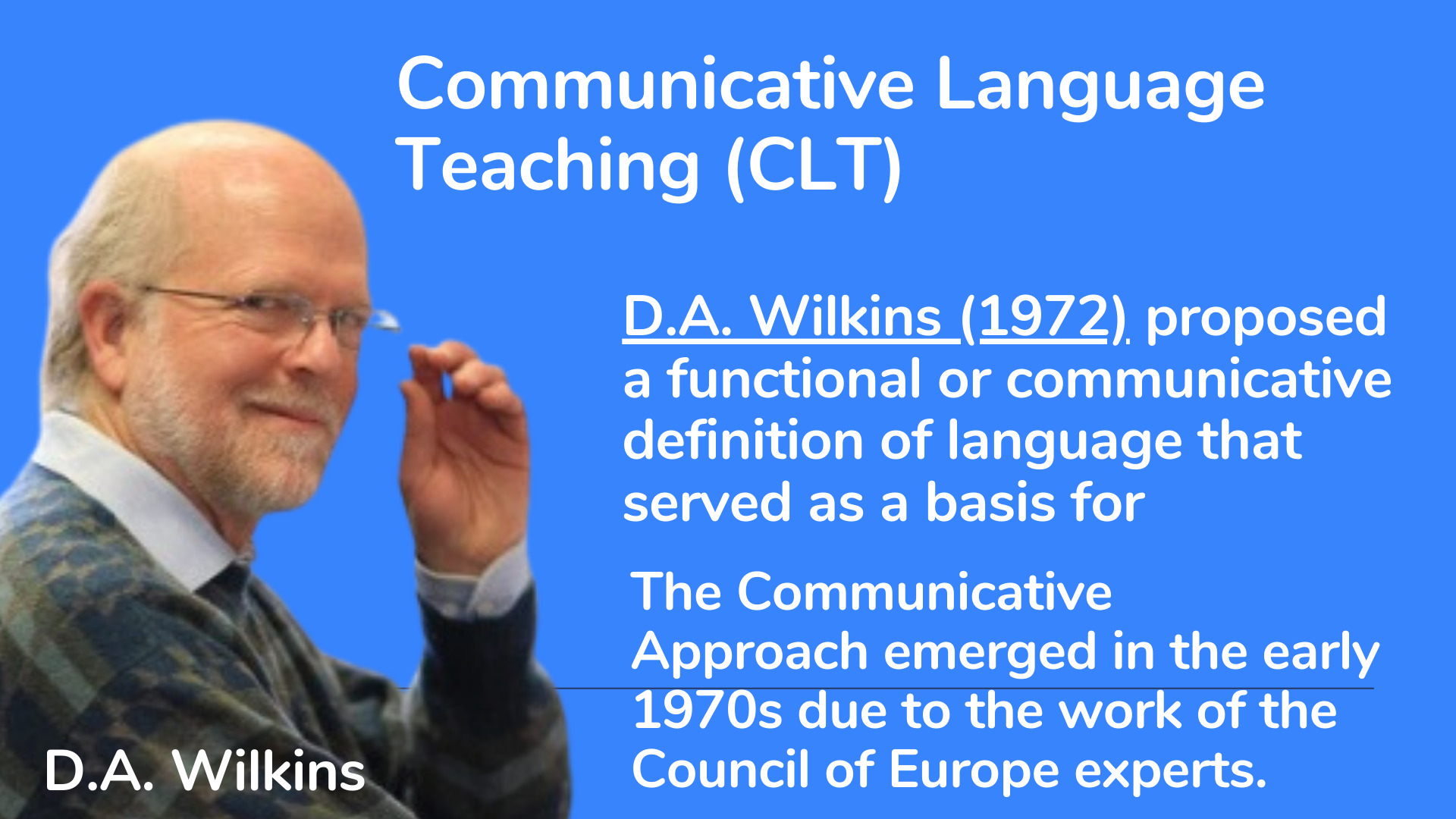The difference between Naturalism, Pragmatism and Existentialism
Philosophy has been a driving force in the quest for knowledge for humankind. One of philosophy’s primary aims is understanding reality, knowledge, and existence at their fundamental levels. There are three primary philosophical schools: naturalism, Pragmatism, and existentialism. There are many different schools of thought, each with its unique take on the world and how we should best navigate it. The article compares and contrasts Pragmatism, existentialism, and naturalism.
Understanding Naturalism, Pragmatism, and Existentialism
Naturalism, Pragmatism, and Existentialism are three distinct philosophical approaches that have significantly impacted various fields of study, including education, psychology, and literature. Despite their differences, these three schools of thought share similarities, such as their focus on human experience, rejection of absolute truths, and emphasis on the importance of individuality. This chapter will explore the similarities and differences between Naturalism, Pragmatism, and Existentialism.
What is Naturalism?
Naturalism is a philosophical belief that natural causes and laws can explain everything. According to naturalism, the universe operates according to fixed and discoverable laws that can be explained through scientific inquiry. Naturalists view the world as a closed system devoid of supernatural or spiritual entities. They believe that humans are biological beings and that our biology and the laws of nature can explain everything we do.
Naturalism is a philosophical belief that everything in the universe can be explained through natural causes and laws. It argues that there is no supernatural or divine intervention in the world and that all phenomena can be explained by scientific inquiry. Naturalism is rooted in the idea that nature is the only reality and that humans are a part of nature. This school of thought emerged in the late 19th century as a response to science’s rise and religion’s decline.
What is Pragmatism?
Pragmatism is a philosophical approach that emphasizes practicality and action over theory and abstract ideas. Pragmatists believe that the meaning and value of any idea or action can only be determined by its practical consequences. According to Pragmatism, an idea is only valid if it works in practice. Pragmatists reject abstract theories that have no practical value or application.
A pragmatic approach, on the other hand, emphasizes how an idea or theory can be applied in practice. According to Pragmatism, the value of a statement or theory is determined by its usefulness in solving real-world problems. Instead of emphasizing absolute truths, this approach emphasizes experimentation and adaptation. A pragmatic approach to problem-solving emerged in the late 19th century as a response to the limitations of traditional philosophy.
What is Existentialism?
Existentialists emphasize the individual’s fact in a philosophy based on existence and subjective experience. The existentialists believe that each individual must create the meaning and purpose of their life. Their argument is that truth is subjective and relative to each individual’s experiences, rejecting the concept of objective truth. Individuals must give a world filled with inherently meaningless things meaning and purpose.
The existentialist view emphasizes the importance of individual existence and experience. It argues that individuals must create meaning and purpose instead of relying on external factors such as religion or social norms. Existentialism also emphasizes the importance of authenticity and personal responsibility. This approach emerged in the early 20th century as a response to modern life’s perceived emptiness and meaninglessness.
The Differences between Naturalism, Pragmatism, and Existentialism
Core Principles
Naturalism: Everything can be explained by natural causes and laws.
Pragmatism: The meaning and value of any idea or action can only be determined by its practical consequences.
Existentialism: The meaning and purpose of life must be created by each individual.
Nature of Reality
Naturalism: The universe operates according to fixed and discoverable laws that can be explained through scientific inquiry.
Pragmatism: Reality is subjective and is shaped by our experiences and actions.
Existentialism: The universe is inherently meaningless, and the individual must create meaning and purpose.
Approach to Knowledge
Naturalism: Knowledge is gained through scientific inquiry and empirical observation.
Pragmatism: Knowledge is gained through practical experience and action.
Existentialism: Knowledge is subjective and relative to each individual’s experience.
Perception of Human Nature
Naturalism: Humans are biological beings, and our biology and the laws of nature can explain everything we do.
Pragmatism: Humans are shaped by their experiences and actions and can change and grow through their experiences.
Existentialism: Humans are fundamentally alone in the universe and must create their meaning and purpose.
Comparison table on Naturalism, Pragmatism, and Existentialism
| Naturalism | Pragmatism | Existentialism | |
| Reality | Objective and deterministic | Subjective and constantly evolving | Subjective and created through individual experience |
| Knowledge | Empirical Observation and science | Practical experience and usefulness in solving problems | Subjective interpretation and unique experience |
| Values | Based on the laws of nature and the natural world | Based on practical use in achieving goals | Based on the particular choice and personal responsibility |
| Individual | Product of Environment and heredity | Active problem-solver who adapts to the environment | Creates own identity and meaning through choices and experiences |
| Society | A natural entity operating according to laws | The dynamic and evolving entity that adapts to changing circumstances | The obstacle to individual freedom and authenticity |
| Freedom | Limited by rules of nature and environment | Ability to solve problems and achieve goals | Ability to make choices and take responsibility for them |
| Purpose | Understand and control the laws of nature | Solve problems and achieve goals | Create meaning and authenticity through individual choice and responsibility. |
| Education | Developing scientific and objective knowledge | Practical problem-solving and valuable skills | Individual’s quest for meaning and authenticity |
| Teaching | Transmitting accurate knowledge and information | Facilitating practical problem-solving and critical thinking | Guiding individual’s pursuit of meaning and authenticity |
| Students | Passive receivers of factual knowledge and information | Active problem-solvers who learn by doing and experimenting | Individuals who create their sense and authenticity through personal experience and reflection |
| Teachers | Authorities who possess solid knowledge and information | Facilitators who help students apply practical knowledge | Mentors who guide students in their quest for meaning and authenticity |
| Learning | Acquiring objective knowledge and information through observation and experimentation | Solving practical problems and applying knowledge to achieve goals | Reflecting on personal experience and creating meaning and authenticity through individual choice and responsibility |
FAQs about The Differences between Naturalism, Pragmatism, and ExistentialismWhat is Early Childhood Education?
What is the difference between naturalism and materialism?
naturalism is the belief that natural causes and laws can explain everything.
In contrast, materialism is the belief that everything is made up of matter and can be explained through scientific inquiry.
How does Pragmatism differ from idealism?
Pragmatism emphasizes practicality and action over theory and abstract ideas, while idealism focuses on the importance of abstract ideas and concepts and their impact on reality.
Can existentialism be considered a form of nihilism?
No, existentialism and nihilism are different philosophical schools of thought. While nihilism believes in the inherent meaninglessness of life, existentialism believes that the individual must create meaning and purpose.
How do these philosophical schools of thought impact our understanding of the world?
Naturalism, Pragmatism, and existentialism offer unique perspectives on how we perceive and interact with the world. By understanding the core principles and differences among these schools of thought, we can gain a deeper appreciation for the diversity of human philosophical inquiry and broaden our understanding of the world.
Summary of The Differences between Naturalism, Pragmatism, and Existentialism:
Naturalism, Pragmatism, and existentialism are three primary philosophical schools that offer unique perspectives on the world and our place in it. While naturalism emphasizes the importance of scientific inquiry and empirical observation, Pragmatism focuses on practicality and the consequences of our actions. Existentialism highlights the importance of individual subjective experience and the need to create meaning and purpose in a seemingly meaningless world. By understanding these differences, we can broaden our perspectives and gain a deeper appreciation for the diversity of human philosophical inquiry.








[…] Inquiry-Based Method nurtures students’ natural curiosity and encourages them to ask questions about the world around them. Teachers provide open-ended […]
[…] Read the Difference between Naturalism, Pragmatism, and Existentialism […]
Your article gave me a lot of inspiration, I hope you can explain your point of view in more detail, because I have some doubts, thank you.
[…] Define Naturalism, Pragmatism and Existentialism. […]
Your article helped me a lot, is there any more related content? Thanks!
[…] in terms of the soul. However, psychology’s exploration of complex human experiences and existential questions may intersect with philosophical inquiries into the nature of the soul, providing a multidisciplinary perspective on the human […]